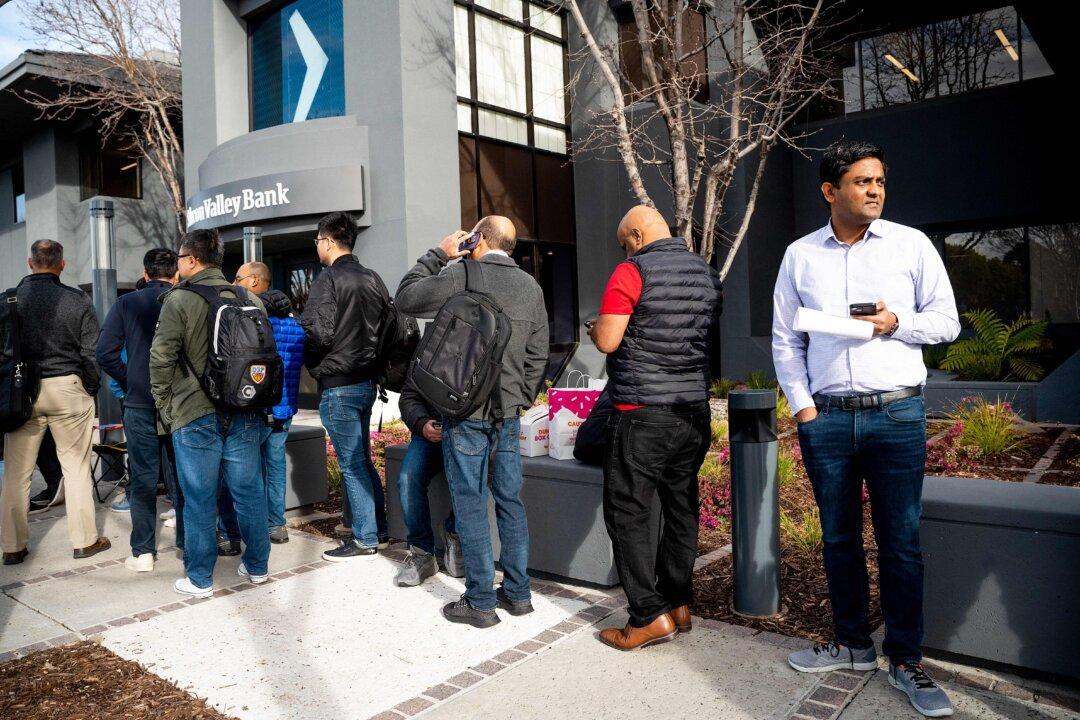Treasury Secretary Janet Yellen on Thursday told members of Congress that their bank deposits and savings “remain safe” after the collapse of Silicon Valley Bank and Signature Bank in recent days that prompted federal intervention.
Speaking before the Senate Finance Committee, Yellen said that the federal government is committed to ensuring that deposits are safe and that the American banking system is sound. There have been fears that the contagion that caused Signature and SVB to collapse may spread to other banks, as some community and regional banks have seen large declines in their stocks since the crisis emerged late last week.





